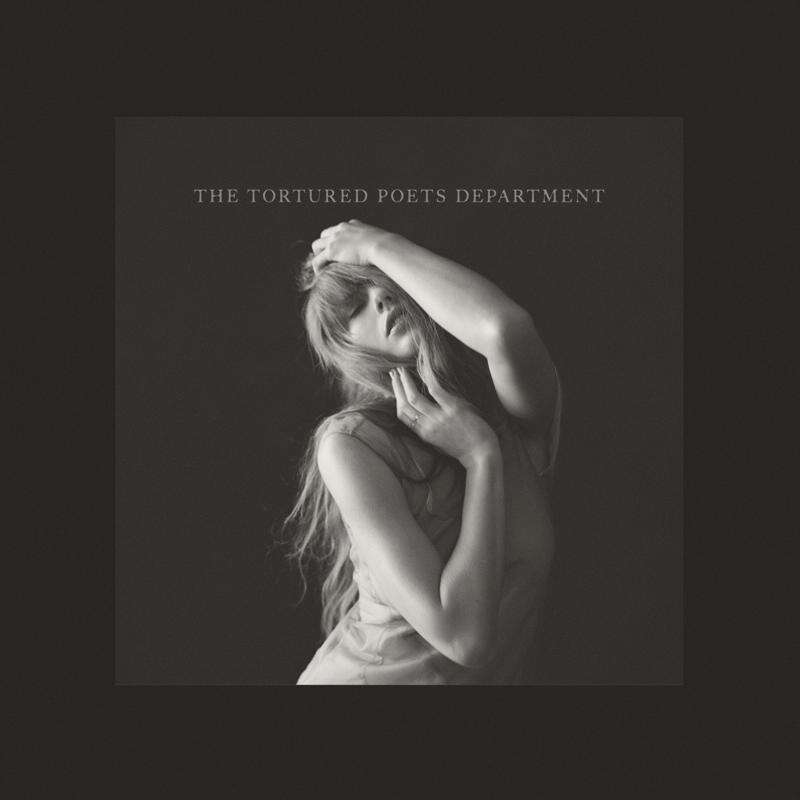To call “Monday, Monday” a book about the 1966 UT Tower shooting is misleading and is a disservice to both the book and the historical event. The plot does kick off with a gripping retelling of one of the first American shootings, but the story quickly diverges.
Elizabeth Crook’s novel spans roughly four decades of three UT students’ lives directly affected by Charles Whitman’s rampage from the top of the Tower, which killed 13 people. Crook follows her characters from the tragedy that brought them together to their marriages, affairs, family secrets and journeys to West Texas.
Even though her retelling of the horror on the UT campus is well written and informed, the rest of the novel raises the question, “Why the Tower shooting?”
The shooting became little more than an inciting incident — an easily recognized buzzword that would draw in readers and provide context to keep readers’ attention when the story was lacking.
The intensity of the day Shelly Maddox spent on the concrete with a bullet wound that introduces the story is quickly pulled out from beneath the reader and is replaced with a family drama. Subplots interweave with subplots, and every character keeps at least three secrets that are revealed in the last four chapters.
Seventy pages or so into the novel, the story shifts and it becomes easier to appreciate Crook’s take on a young mother who is unable to keep her baby and is faced with the opportunity to do what is right for her child. The characters develop, and as they gain distance from UT, the story improves.
One struggle with reading “Monday, Monday,” is that it walks a fine line between establishing a historical and geographical context and name-dropping. At points it seems that Crook is determined to prove that she did her research, and she does so by taking any opportunity to show she has been on the UT campus.
The characters attend class in the South Mall, eat in the Union Building and walk down the Drag. What could have been a nuanced connection between history and the novel is heavy-handed and overbearing. On their trips to Alpine, the characters don’t just drive through small towns, they go through Fredericksburg, Kerrville and Junction. With so many Texas landmark mentions, non-Texans will probably be left to follow along on Google Maps.
The main issue with “Monday, Monday” is one of expectations. The novel isn’t about the Tower shooting; it’s about characters dealing with their mistakes and facing their consequences, sometimes decades down the road.
The fictionalized characters in Crook’s novel can hardly be called victims of the shooting, not because they didn’t have scars to prove it, but because the problems they faced weren’t caused by a gunman on the observation deck. They were caused by their own choices. After reaching that conclusion, “Monday, Monday” became an enjoyable — albeit slightly forced — family drama.














